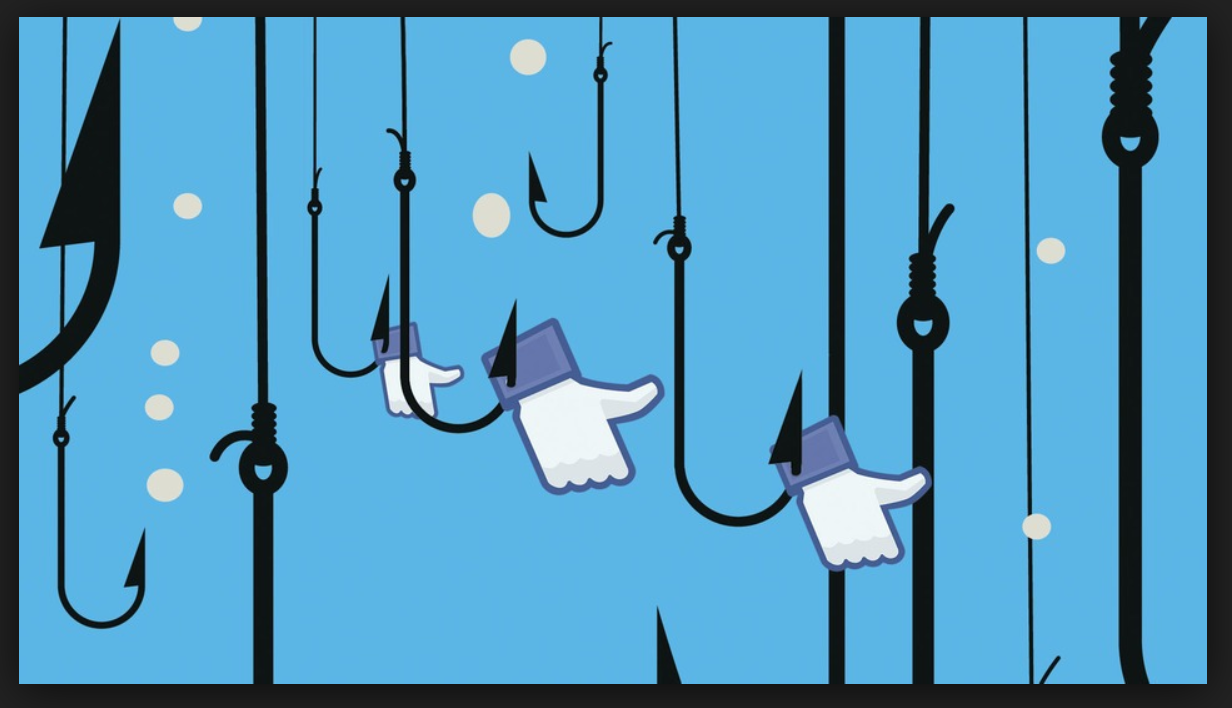
Facebook fanpages and websites that frequently withhold, exaggerate or distort information in their link post headlines will disappear from users newsfeed thanks to a new anti-clickbait algorithm that’s now rolling out. Facebook manually reviewed tens of thousands of headlines with a “clickbaityness” score to train the new link killing algorithm. Now it can detect headlines like “When She Looked Under Her Couch And Saw THIS… I Was SHOCKED!”; “He Put Garlic In His Shoes And What Happens Next Is Hard To Believe”; or “The Dog Barked At The Deliveryman And His Reaction Was Priceless.”
Rather than just assigning a binary “Yes, clickbait” or “not clickbait,” each story gets a score about how egregious it is. The algorithm primarily looks for phrases often used in clickbait headlines but not in legitimate headlines, similar to email spam filters. The higher the clickbait likelihood, the more the algorithm punishes the entire Page that shared them or site they link to by making all their posts or referral links less visible. “If you post 50 times a day and post one piece a clickbait, this shouldn’t affect you. If you’re a spammer and post clickbait all day, this should affect you a lot,” says Facebook’s VP of Product Management on newsfeed, Adam Mosseri.
Luckily, if a publisher reforms its ways and “they stop posting clickbait, their referral traffic will bounce back,” Mosseri explains. And since the algorithm identifies offenders on both the web domain level and the Facebook Page level, spammers can’t build a Page and then just launch new websites with different URLs to elude punishment. Clickbait is one of the most complained about parts of the Facebook newsfeed . Some people even file bug reports blaming the newsfeed ranking algorithm. The change aligns with Facebook’s recently announced newsfeed values. “Authentic Communication” is one of the five values, along with “Friends And Family Come First,” which led to last month’s feed change to de-emphasize news publishers. This new algorithm comes after a wave of page bans, mainly accounts/fanpages that were too “edgy” and posted content that violated their rules. It seems that Facebook is going all out to clean up their website, and undoubtedly this will affect every marketer who is pushing out stories.
The good news is that this isn’t a death sentence, as Facebook confirmed that link reach can be brought back to life if publishers stop using clickbait titles. It would be wise to revise your strategy and exclude common clickbait words from your link titles.
Most commonly used clickbait phrases and words to avoid are:
- Shocking
- Amazing
- Then he/she found out
- What they saw
- Brought him/her to tears
- Looks inside
- Going viral
- Never expected
- Incredible
- The reason why
- Watch the reaction
- What’s happening
- Then she/he realizes
- Can’t stop laughing
- I had no idea
- (PROFESSION HERE) hate her/him
- She/he noticed something
- Here’s why
For the complete list of forbidden phrases and words checkout this article. We will update the article as soon as we compile a bigger list of commonly known clickbait phrases. Now don’t panic, Facebook is right this time, their platform was getting hammered with generic, tabloid style like link titles. It is time to re-think your strategy and learn to rephrase your article titles in a clean, nonintrusive way.